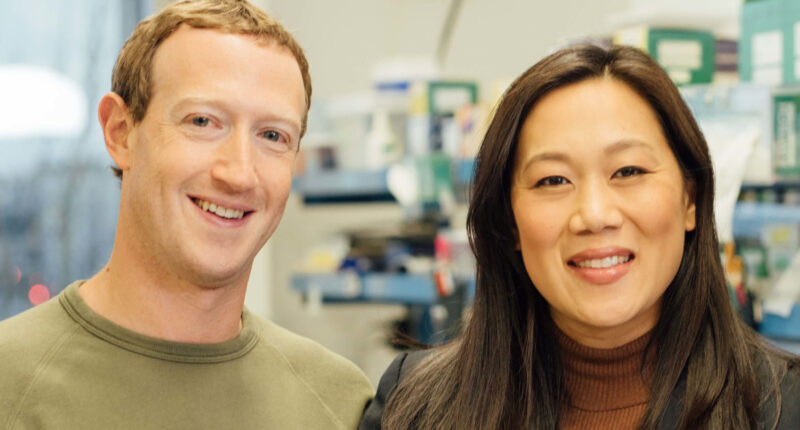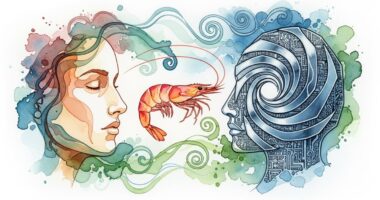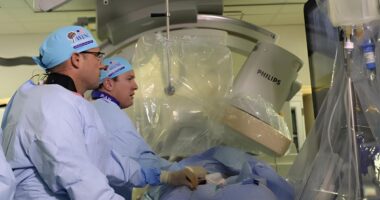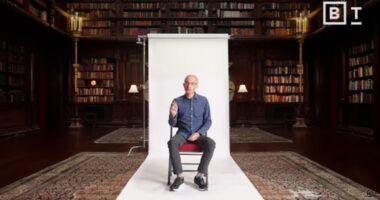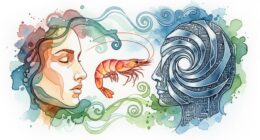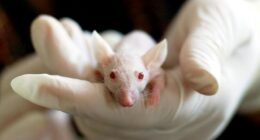The Chan Zuckerberg Initiative is uniting its multidisciplinary scientific teams into a single organisation, Biohub, to lead a large-scale initiative combining frontier artificial intelligence with frontier biology.
The organisation aims to accelerate CZI’s foundational mission to “support the science and technology to make it possible to cure, prevent or manage all diseases by the end of this century”.
Co-founder Mark Zuckerberg said advances in AI mean the goal may be achieved much sooner than anticipated.
“When we started, our goal was to help scientists cure or prevent all diseases this century,” said Zuckerberg. “With advances in AI, we now believe this may be possible much sooner. Accelerating science is the most positive impact we think we can make. So we’re going all in on AI-powered biology for our next chapter.”
Expanding compute capacity
To power the initiative, the team from EvolutionaryScale, a frontier AI research lab, will join Biohub. Alex Rives, the co-founder and chief scientist of EvolutionaryScale, will serve as Biohub’s head of science. Biohub also plans to expand its compute capacity tenfold, growing to 10,000 GPUs by 2028.
“Advances in artificial intelligence are already starting to give us new tools to understand and engineer biology,” said Rives. “As we bring together frontier artificial intelligence with frontier biology, it will become possible to build predictive models of biology that could greatly accelerate the rate at which fundamental new scientific discoveries can be made.”
Biohub’s work will centre on four core scientific grand challenges:
- Developing a unified, AI-based model of the cell.
- Advancing state-of-the-art imaging systems to visualise complex biological processes.
- Creating new instrumentation to monitor and modulate inflammation in real time.
- Using AI to reprogram and harness the immune system for early detection and treatment.
The initiative’s goal is to create “virtual biology,” enabling scientists to conduct digital experiments at a scale not possible in a traditional lab.
As part of the launch, Biohub announced the Virtual Immune System project, a flagship effort to model the human immune system. It also made three new AI models freely available on its virtual cells platform:
- VariantFormer: A model that translates personal genetic variations into tissue-specific gene activity patterns.
- CryoLens: A large-scale model for cryoET providing unsupervised structural similarity analysis.
- scLDM: An AI model capable of generating realistic single-cell data in silico at high fidelity.
“When I worked as a paediatrician at UCSF, I treated children with diseases whose conditions were, in many cases, still mysteries to science,” said Co-Founder Priscilla Chan. “What I wanted more than anything was a way to see what was happening inside their cells — how genetic mutations were expressed in different cell types and what, exactly, was breaking down. Until now, that kind of understanding has been out of reach. AI is changing that. For the first time, we have the potential to model and predict the biology of disease in ways that can reveal what’s gone wrong and how we can develop new treatments to address it.”
Biohub said its datasets and models will continue to be shared with the scientific community.
